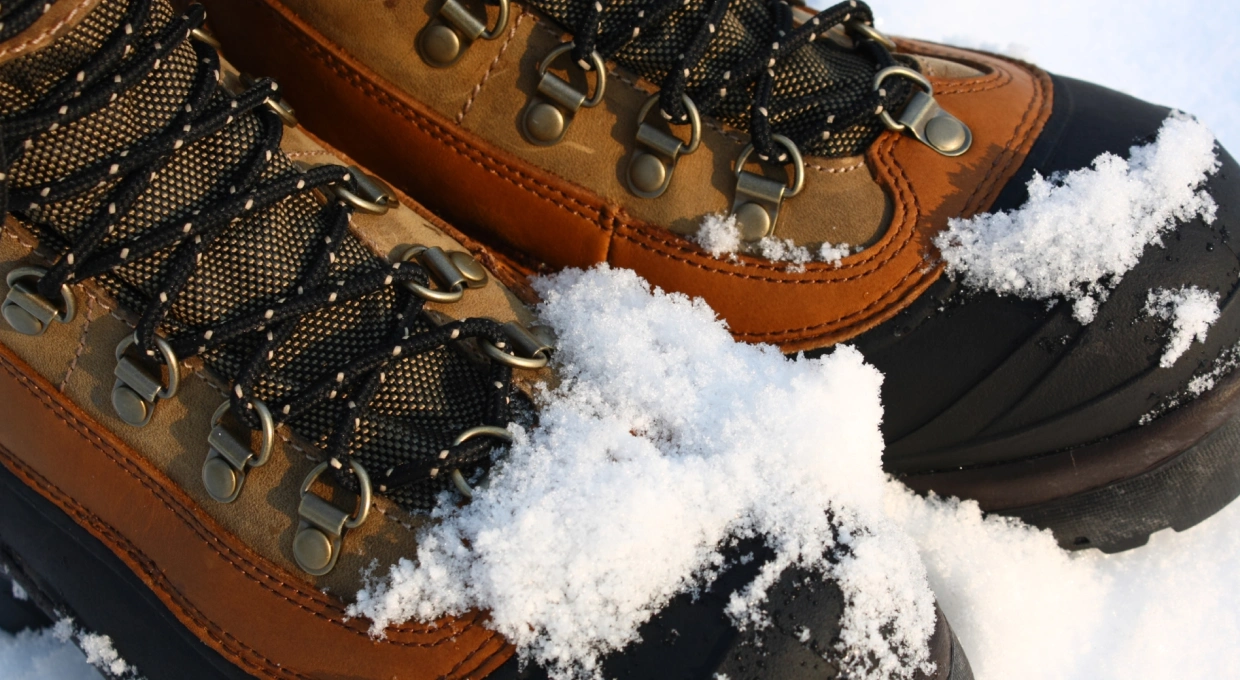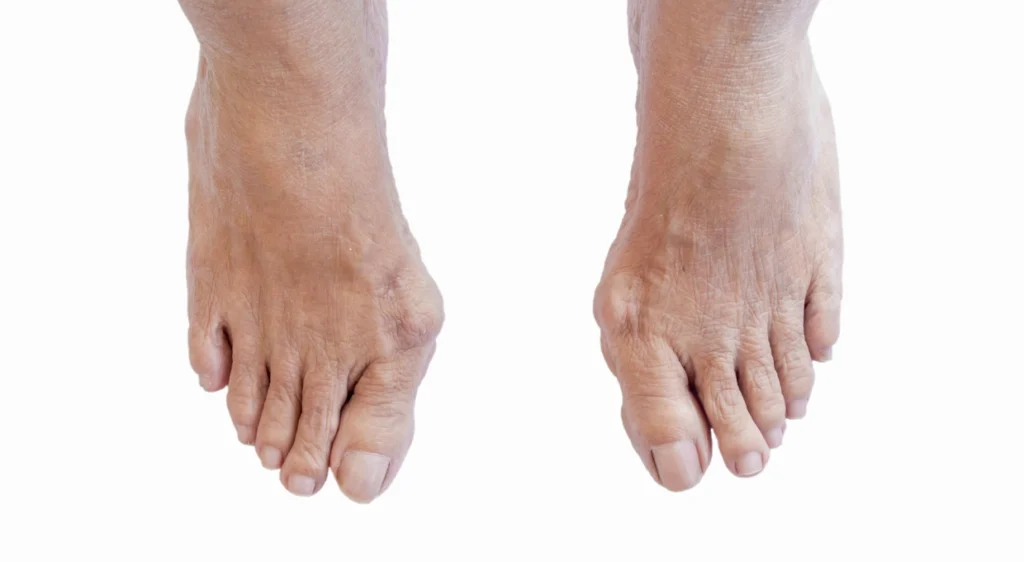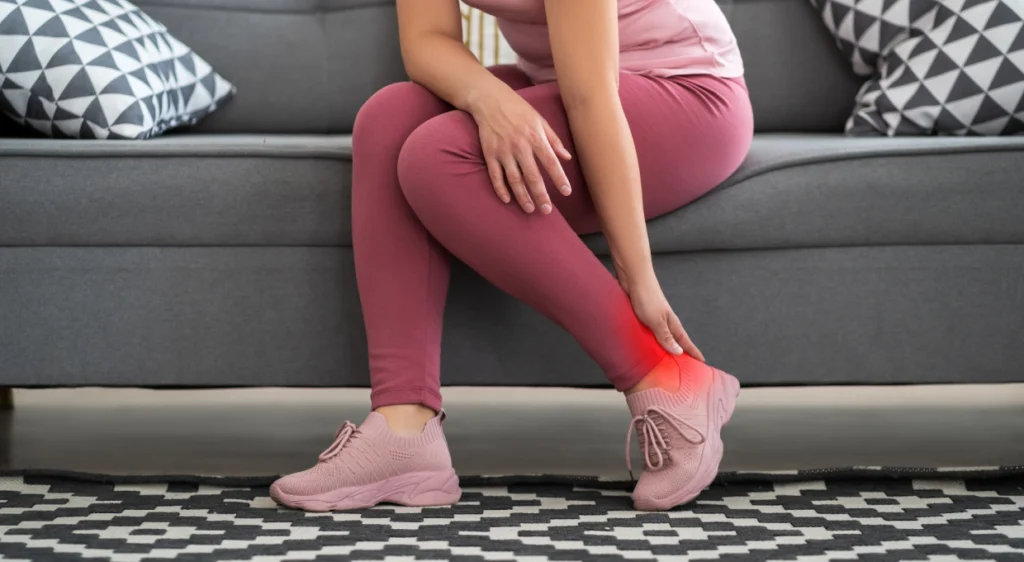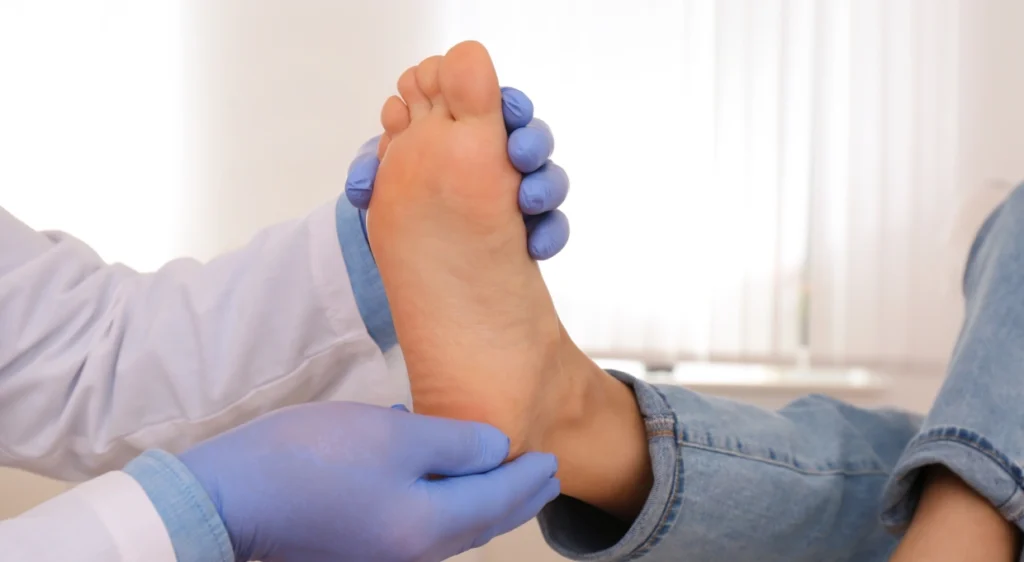When winter arrives, keeping the feet protected from the cold is essential to preserve overall body temperature. The feet are one of the most vulnerable parts of the body to the cold because of their distance from the heart. and less blood circulation compared to other areas. Making sure they are well protected is not only important to avoid discomfort, but also to prevent more serious health problems.
Why do feet get cold faster?
Feet tend to cool more quickly than other parts of the body for several reasons:
- Reduced blood circulation: During cold weather, the body prioritizes keeping the vital organs warm, which means that blood circulation to the extremities, such as the feet, is reduced. This decrease in blood flow causes the feet to get cold faster.
- Constant exposure to cold: Feet are in direct contact with cold surfaces such as the ground, which increases their heat loss. In addition, they are often less covered than other parts of the body, making them more susceptible to low temperatures.
- Less fat tissue: Unlike other areas of the body, the feet have less subcutaneous fat, which means they have less natural insulation against the cold.
Consequences of inadequate foot protection
Failure to adequately protect the feet during the winter can lead to a number of health problems:
- Frostbite: In extreme conditions, prolonged exposure to cold can lead to frostbite of the tissues in the feet, a serious condition that can cause permanent damage.
- Hypothermia: Although hypothermia affects the entire body, it begins to develop when extremities, such as the feet, lose too much heat. If left unchecked, hypothermia can be fatal.
- Circulatory problems: Continued exposure to cold can worsen pre-existing circulatory conditions, such as Raynaud’s disease, which causes blood vessels in the feet to constrict, further limiting blood flow and heat.
How to keep your feet protected from the cold
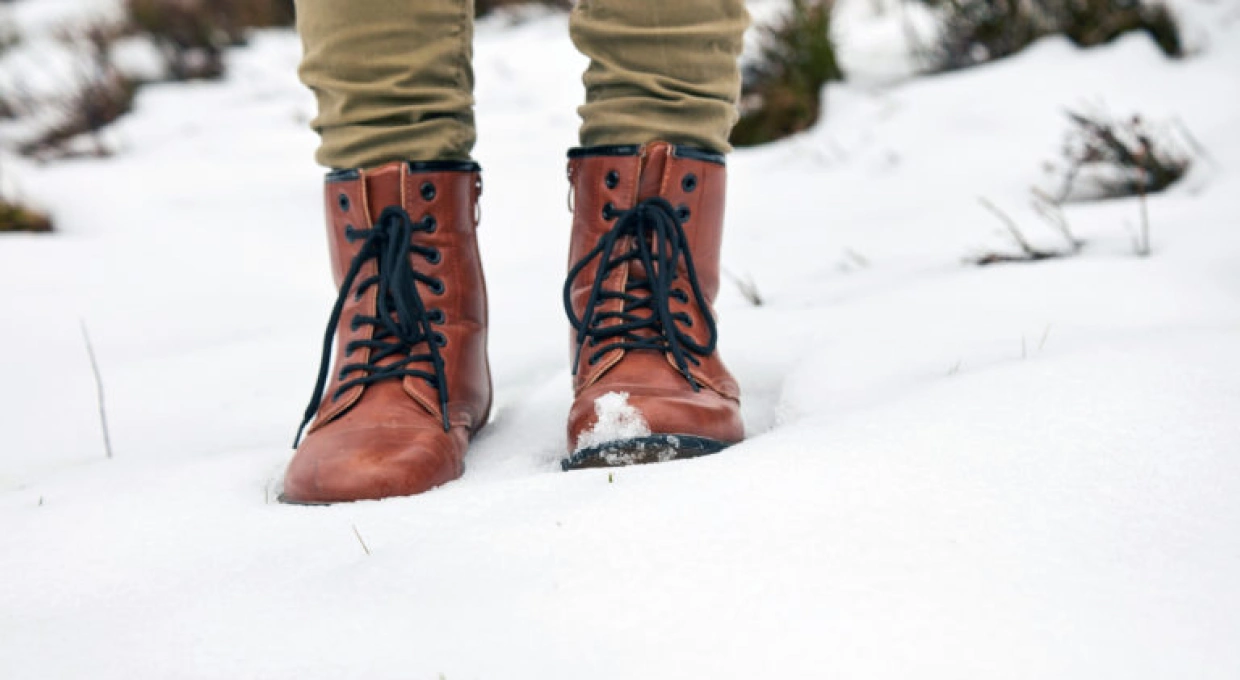
To keep your feet warm and protected during the winter, it is important to follow some key guidelines:
- Choose the right footwear: As mentioned in the article on how to choose winter footwear, well-insulated, waterproof boots with slip-resistant soles are essential. Footwear should be roomy enough to allow circulation, but snug enough to prevent the cold from penetrating.
- Wear thermal socks: Socks made of merino wool or synthetic materials designed to retain heat are ideal for keeping feet warm. Avoid cotton socks, as they can retain moisture and cool your feet.
- Additional layers: In extremely cold conditions, consider wearing two pairs of socks: a thinner inner layer that wicks moisture and a thicker outer layer that provides insulation.
- Keep your feet dry: Moisture is the enemy of heat. Make sure your feet are dry before putting on socks and shoes. If your feet sweat a lot, change your socks during the day to keep them from getting cold.
- Make regular movements: If you are in a cold place for a long time, move your feet and toes regularly to stimulate blood circulation and keep warm.
- Use thermal insoles: Insulating insoles or insoles containing a thermal gel can provide an extra layer of protection against the cold, especially if you need to be outdoors for long periods.
Additional care for the health of the feet in winter
Winter can be especially hard on the feet, so it is crucial to give them extra care:
- Moisturizing: Cold, dry air can cause the skin on your feet to dry and crack. Apply a moisturizer after washing your feet to keep skin soft and prevent painful cracks.
- Regular checkup: Inspect your feet regularly for signs of damage or frostbite, especially if you have been exposed to extreme cold. Look for areas of hard skin, redness or numbness that persist.
- Visit the podiatrist: If you suffer from circulatory problems or conditions such as diabetes, it is advisable to have a regular podiatric check-up during the winter to prevent complications.
Conclusion
Keeping your feet protected from the cold is crucial to preserving your overall health during the winter. With the right footwear, a good choice of socks and specific care, you can ensure that your feet stay warm, dry and healthy, thus avoiding more serious health problems. Don’t underestimate the importance of protecting your feet from the cold; by doing so, you also protect your overall well-being.
